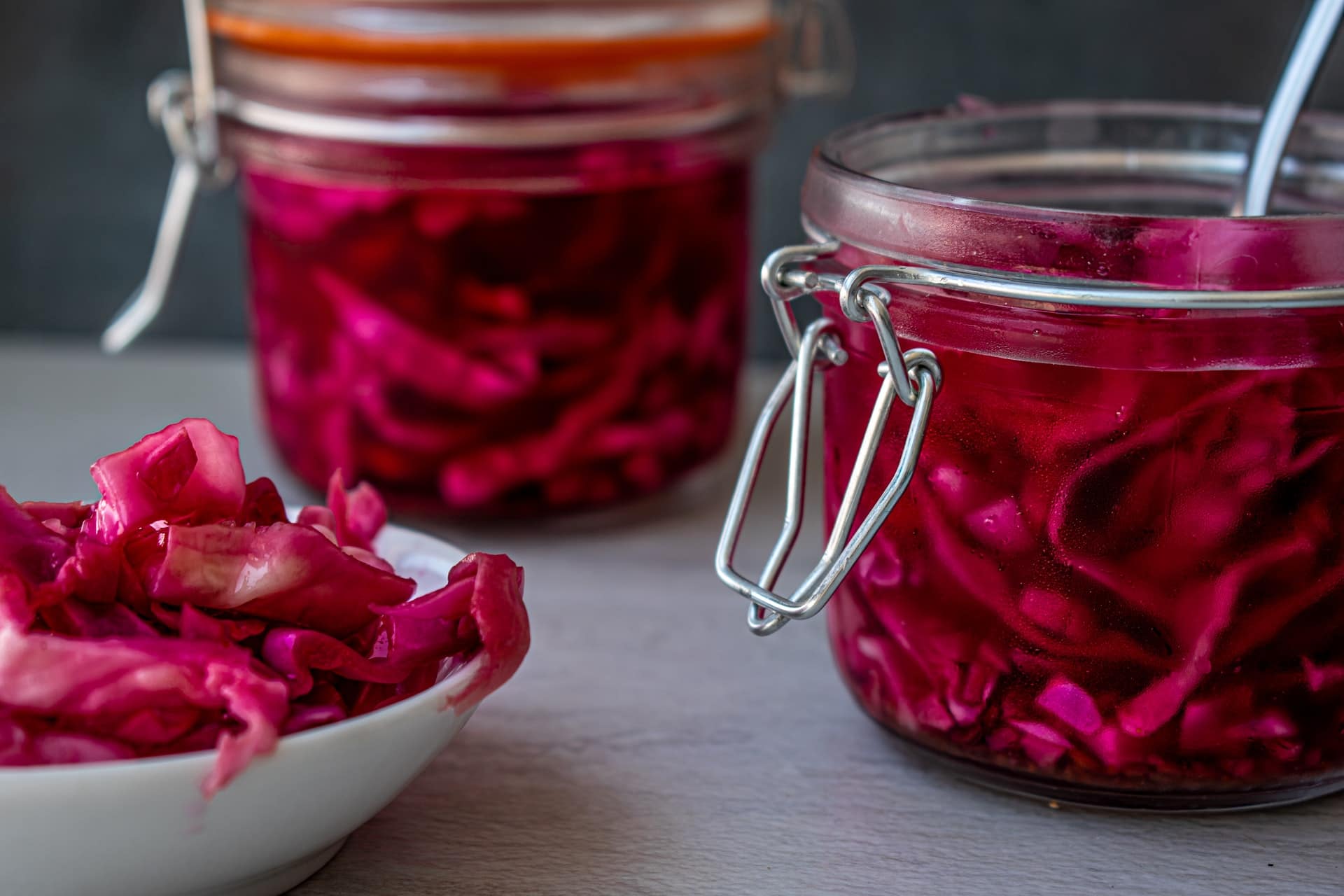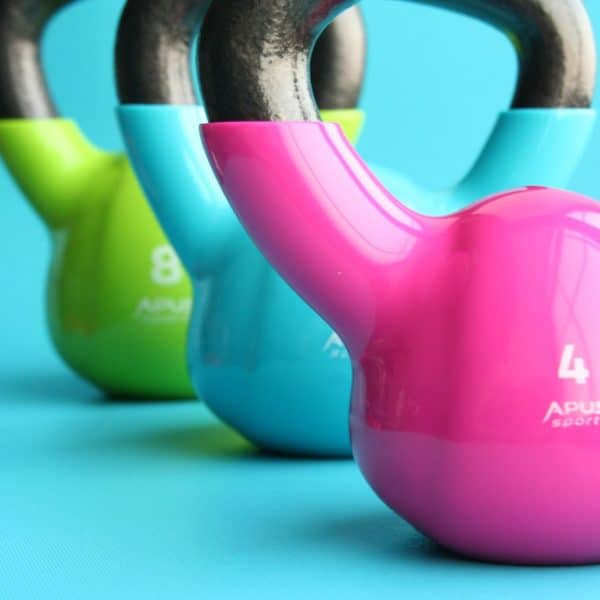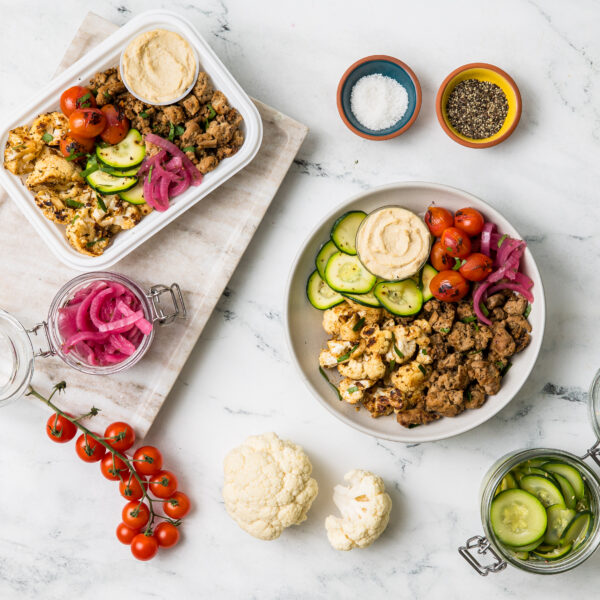Fermented foods have been in the spotlight recently and for a good reason. Not only are these superfoods packed with beneficial bacteria, but they add a flavorful punch to any plate. Incorporating fermented foods into your diet each week can significantly impact your gut health, weight management, and overall health.
What Are Fermented Foods?
Fermented foods use an age-old process that boosts a food’s shelf life and nutritional value. They can give your body a dose of healthful probiotics — live microorganisms that are crucial for optimal digestion. The process includes bacteria, yeast, or fungi converting organic components of food into alcohols or acids. The end result is a food cultured with live and healthy bacteria like Lactobacillus.
Some examples of fermented foods?
- Sauerkraut (fermented cabbage)
- Kimchi (Korean style spicy fermented cabbage)
- Kefir (fermented milk)
- Kombucha (fermented black or green tea)
- Yogurt (fermented milk)
The History of Fermentation
While mainstream wellness is currently loving all things fermented and gut-friendly, the practice of fermenting dates back to early ancient human civilization.
Evidence as early as 7000 BC shows ancient Chinese civilizations inventing a beer-type beverage called Kui. Other ancient cultures also had their versions of fermented beverages, with culinary anthropologists seeing beer-like drinks in ancient Babylonia and Egypt. The earliest records of fermented dairy products like yogurt, dairy, and cheese date to 3500 BC, with Egyptian hieroglyphics highlighting these dairy dishes in their diet.
From Korean kimchi to Japanese soybeans (natto), global cultures have crafted unique flavors and traditions around fermentation and continue to remain a part of their modern-day cuisine.
It wasn’t until the famous Louis Pasteur discovered the role microbes play that we truly understood the science behind fermentation. As the Father of Microbiology, Pasteur is credited for pioneering the field of microbiology in discovering the process of fermentation as well as inventing pasteurization, the current modern-day process of heating food to kill microbes that could cause sickness.
Is Pickling the same as Fermenting?
Great question! Pickling is the process of preserving foods, most often in vinegar, with herbs and spices. There are no live probiotics or enzymes present in these foods since pickling also includes heating for sterilization and preservation purposes. And even though vinegar is a product of fermentation, pickled foods are not fermented by default, as they don’t produce the same probiotic and enzymatic qualities as fermented foods. Pickled carrots, beets, and cauliflower are all great to snack on as they provide a satisfying crunch and are oh-so-delicious on any meal!
Health Benefits from Fermented Foods
Fermented foods are rich in probiotic bacteria, so incorporating these more regularly into your diet can potentially increase the health of your gut microbiome and overall digestive health.
Currently, some research shows several other health benefits fermented foods can provide, including:
- Antioxidant and antimicrobial properties
- Anti-inflammatory
- Enhance immune system
Many of these key health benefits are a result of the bacteria that is made during the fermentation process. Things like Lactic acid bacteria (LAB) have chemical reactions that result in beneficial vitamins, minerals, and other compounds. One of these compounds is Conjugated Linoleic Acids (CLAs) that are shown to lower blood pressure and produce peptides with antimicrobial and antioxidant properties.
We still have a lot to learn about the relationship between fermented foods, our microbiome, and the direct relationship it has with our health. If you are interested in learning more about the microbiome, we’d recommend checking out the NIH Human Microbiome Project for the latest research on our gut.





Leave a Reply
No Comments